Ashling Murphy: the calls for change to protect women in Ireland
Minister to publish strategy to end violence against women as experts highlight need for cultural change
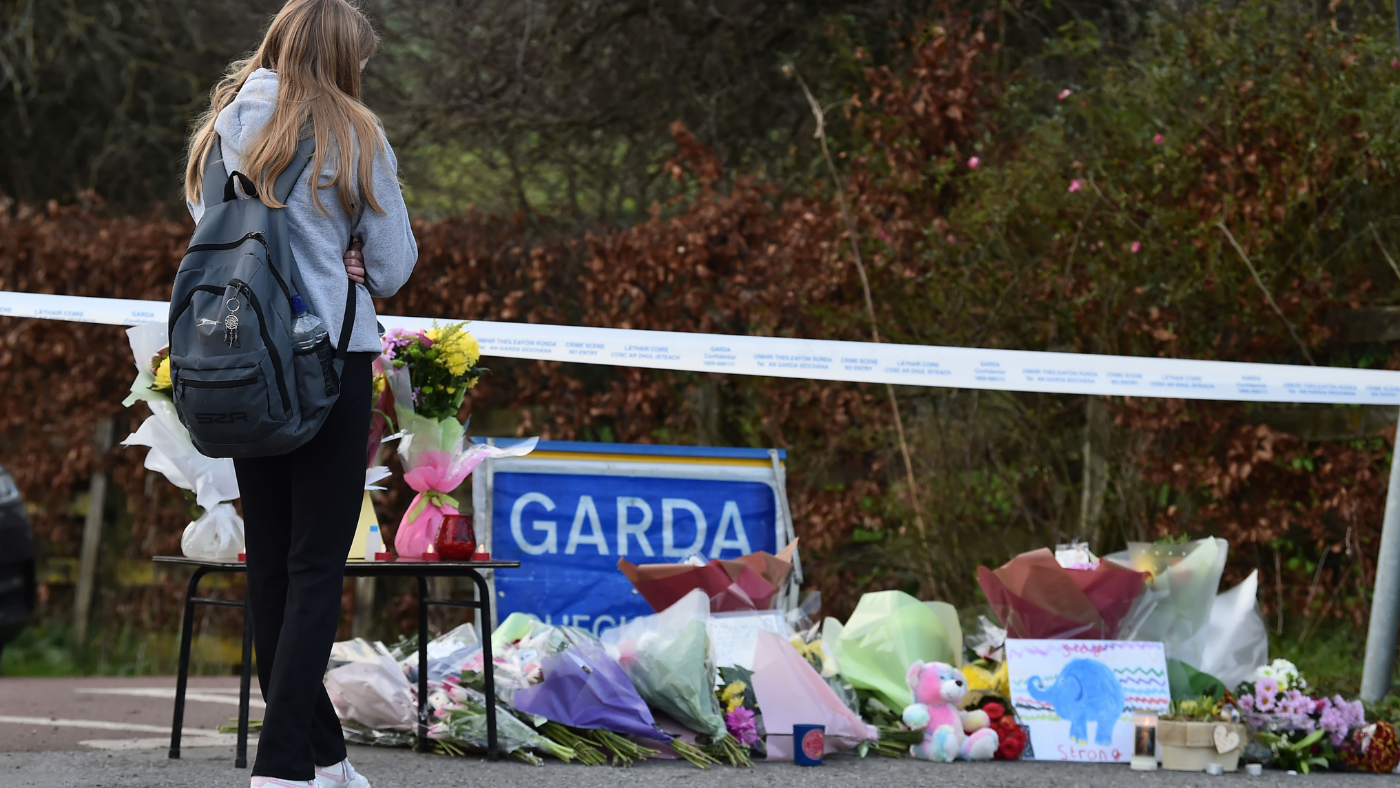
A free daily email with the biggest news stories of the day – and the best features from TheWeek.com
You are now subscribed
Your newsletter sign-up was successful
The killing of a 23-year-old schoolteacher in Tullamore, County Offaly has led to calls from across the Republic of Ireland and the UK for greater efforts to be made to ensure women’s safety.
Ashling Murphy was murdered while jogging along the banks of the town’s Grand Canal on the afternoon of 12 January. Her death has “united the country in grief and in support”, Bishop Tom Deenihan said at her funeral this week, which was attended by Ireland’s President Michael D Higgins and Taoiseach Micheal Martin.
Murphy’s former pupils were among the hundreds of mourners who filled the streets outside St Brigid’s Church in Mountbolus.
The Week
Escape your echo chamber. Get the facts behind the news, plus analysis from multiple perspectives.

Sign up for The Week's Free Newsletters
From our morning news briefing to a weekly Good News Newsletter, get the best of The Week delivered directly to your inbox.
From our morning news briefing to a weekly Good News Newsletter, get the best of The Week delivered directly to your inbox.
Thousands of people have attended vigils in memory of the young woman. The Murphy family were said to be “appreciative and overwhelmed by the national outpouring of support shown to them”, according to a statement from the Gardai earlier this week. A 31-year-old man has been charged with Murphy’s murder.
“We cannot allow such violence and disregard for both human life and bodily integrity to take root in our time and culture,” said Deenihan, the Bishop of Meath, during Tuesday’s service.
Murphy’s cousin Rachel O’Shea also read a prayer asking that “the many vigils that took place in memory of Ashling mark the beginning of an end to violence against women”, the Irish Examiner reported.
‘Step forward’ from tragedy
“Nearly every major step forward in modern Irish history has its roots in tragedy,” said imam and chair of the Irish Muslim Peace & Integration Council Shaykh Dr Umar al-Qadri in The Irish Times. “Tragedy has once more provided us with a focus and sense of purpose for social change that goodwill alone could not.”
A free daily email with the biggest news stories of the day – and the best features from TheWeek.com
Speaking in parliament this week, the Taoiseach said that the government’s response “was clear”, said the paper. “We want and need a zero-tolerance approach to violence against women and this will require all of us, as a society, to commit to lasting change.”
The Department of Justice has been working for the past 12 months on a new domestic, sexual, gender-based violence strategy, led by the Minister for Justice, Helen McEntee.
McEntee has said that new criminal offences for stalking and non-fatal strangulation will be included in a bill that is set to be published before Easter. Speaking in the Dail this week, she said changes to existing legislation will “make the law clearer and stronger”.
She hoped that these changes will “encourage victims to come forward and report what has happened to them”. But she acknowledged that despite this progress, safety issues would persist: “I cannot stand here today and say that no woman will suffer at the hands of a man tonight”.
A survey by the European Union in 2014 reported that one in four women in Ireland had experienced physical and/or sexual violence since the age of 15. The report noted that gender-based violence is “systematically underreported”, though the number of incidents recorded against both men and women during the pandemic had increased.
The increased demand for support for women during the pandemic has highlighted some positive points of progress. The executive director of Rape Crisis Network Ireland, Cliona Saidlear, told BBC News NI that the pandemic allowed for collaboration “across the statutory and the NGO sector”, working “really closely” to respond to the crisis.
“What we have learned there is that it has to be a collaborative effort,” she continued. And while it’s “important to have a ‘checklist’ of changes with agencies and professions”, said the BBC, the “bigger picture” needs to be addressed too.
“We need to think big – because what we are actually doing here is to transform the culture, we are trying to socially engineer our whole culture out of a habit of generations into something new,” Dr Saidlear continued.
Women’s Aid Ireland chief executive Sarah Benson told the broadcaster that Murphy’s murder “has really shaken every woman and every teenage girl”, but there was a feeling of “momentum” for change now.
“We must focus on the behaviour and attitudes of perpetrators of violence in order to dismantle them and work with men as allies in order to model healthy, respectful behaviours.”
Julia O'Driscoll is the engagement editor. She covers UK and world news, as well as writing lifestyle and travel features. She regularly appears on “The Week Unwrapped” podcast, and hosted The Week's short-form documentary podcast, “The Overview”. Julia was previously the content and social media editor at sustainability consultancy Eco-Age, where she interviewed prominent voices in sustainable fashion and climate movements. She has a master's in liberal arts from Bristol University, and spent a year studying at Charles University in Prague.
-
 What to know before filing your own taxes for the first time
What to know before filing your own taxes for the first timethe explainer Tackle this financial milestone with confidence
-
 The biggest box office flops of the 21st century
The biggest box office flops of the 21st centuryin depth Unnecessary remakes and turgid, expensive CGI-fests highlight this list of these most notorious box-office losers
-
 The 10 most infamous abductions in modern history
The 10 most infamous abductions in modern historyin depth The taking of Savannah Guthrie’s mother, Nancy, is the latest in a long string of high-profile kidnappings
-
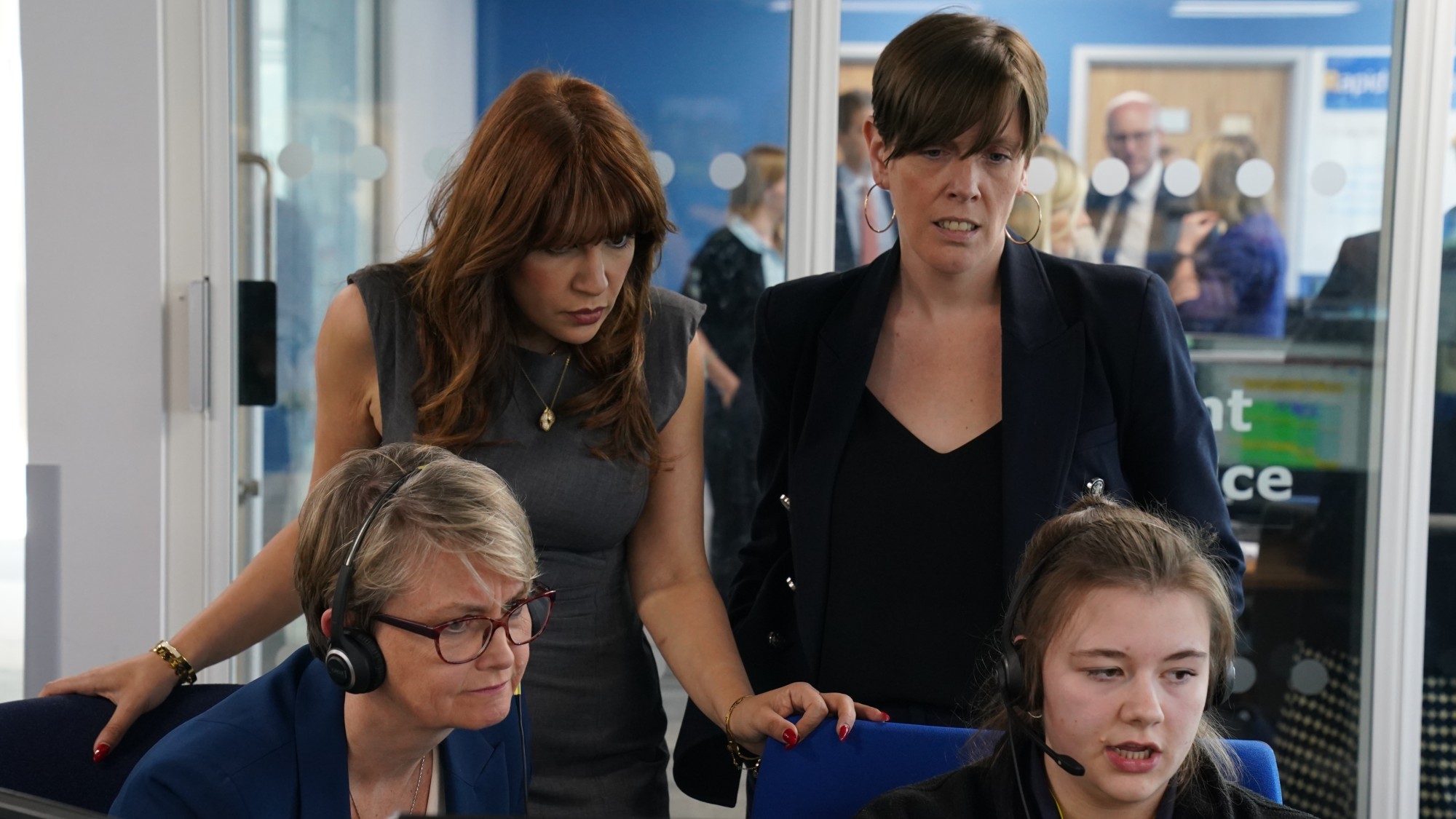 Dash: the UK's 'flawed' domestic violence tool
Dash: the UK's 'flawed' domestic violence toolThe Explainer Risk-assessment checklist relied on by police and social services deemed unfit for frontline use
-
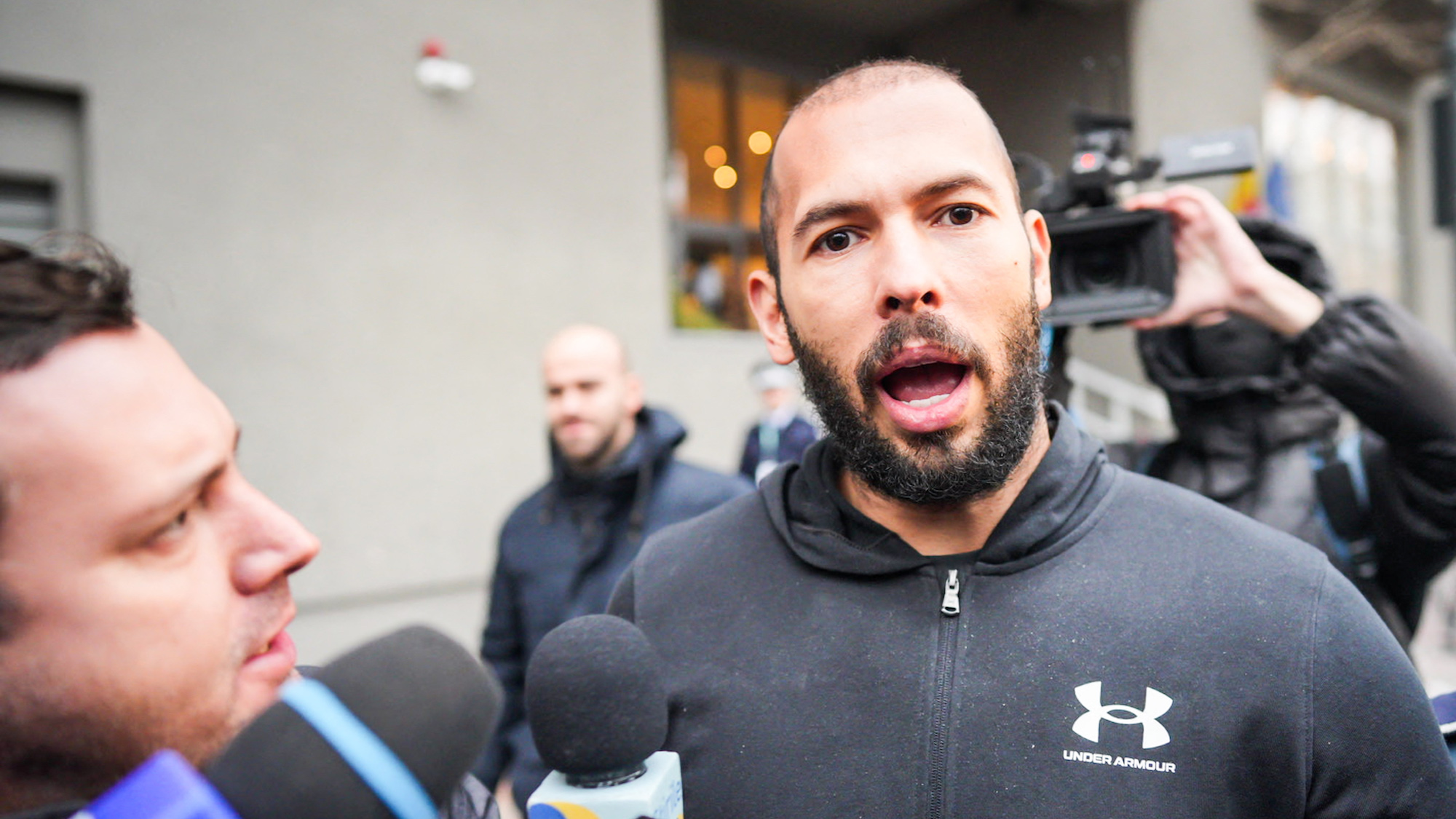 The manosphere: the shady online network of masculinists
The manosphere: the shady online network of masculinistsThe Explainer A new police report said a rise in radicalised young men is contributing to an increase in violence against women and girls
-
 Irish flight attendant breaks silence after 'distressing' Dubai charges dropped
Irish flight attendant breaks silence after 'distressing' Dubai charges droppedSpeed Read Tori Towey was charged with attempted suicide and consuming alcohol after being attacked in her home
-
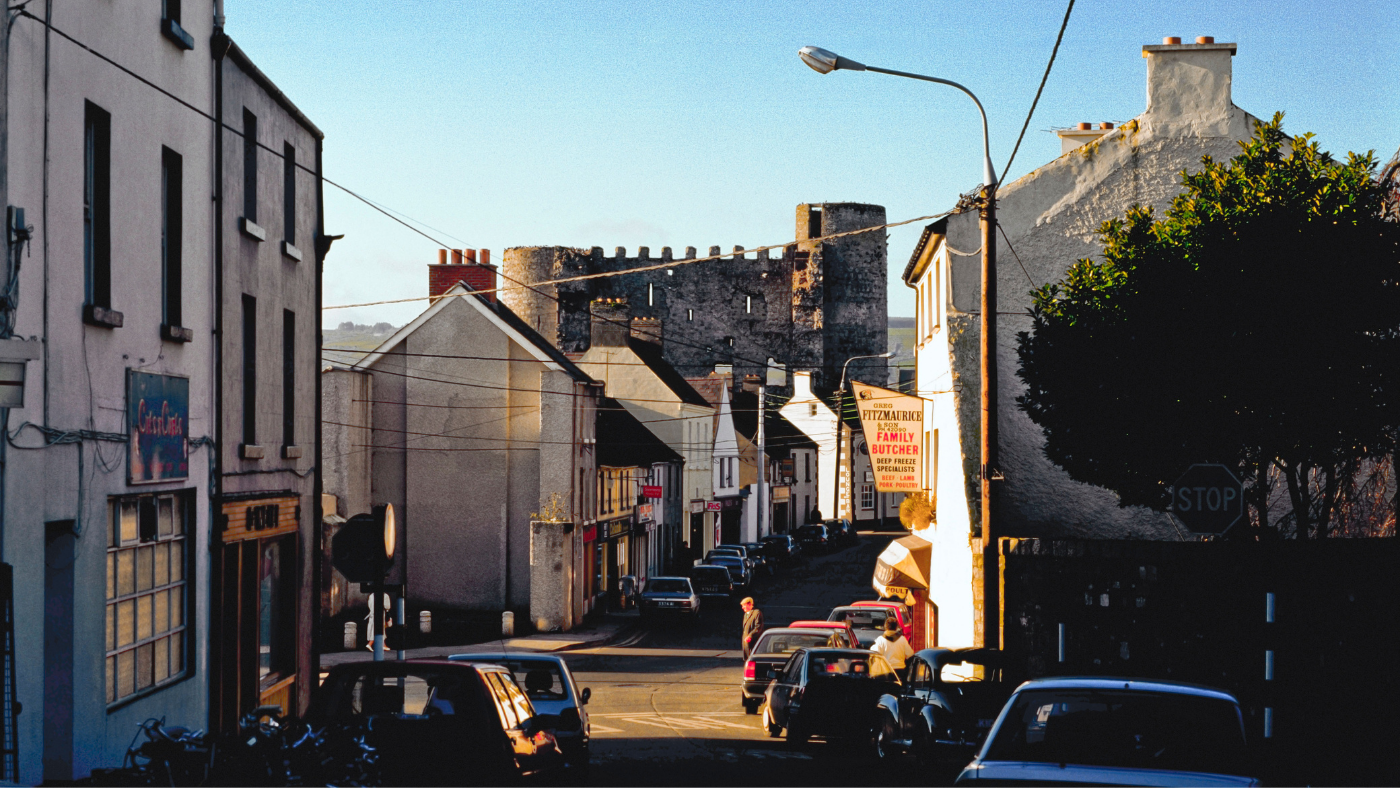 Two men take dead body into post office to claim his pension
Two men take dead body into post office to claim his pensionfeature Police in Ireland expected to make arrests following investigation into ‘outlandish’ events
-
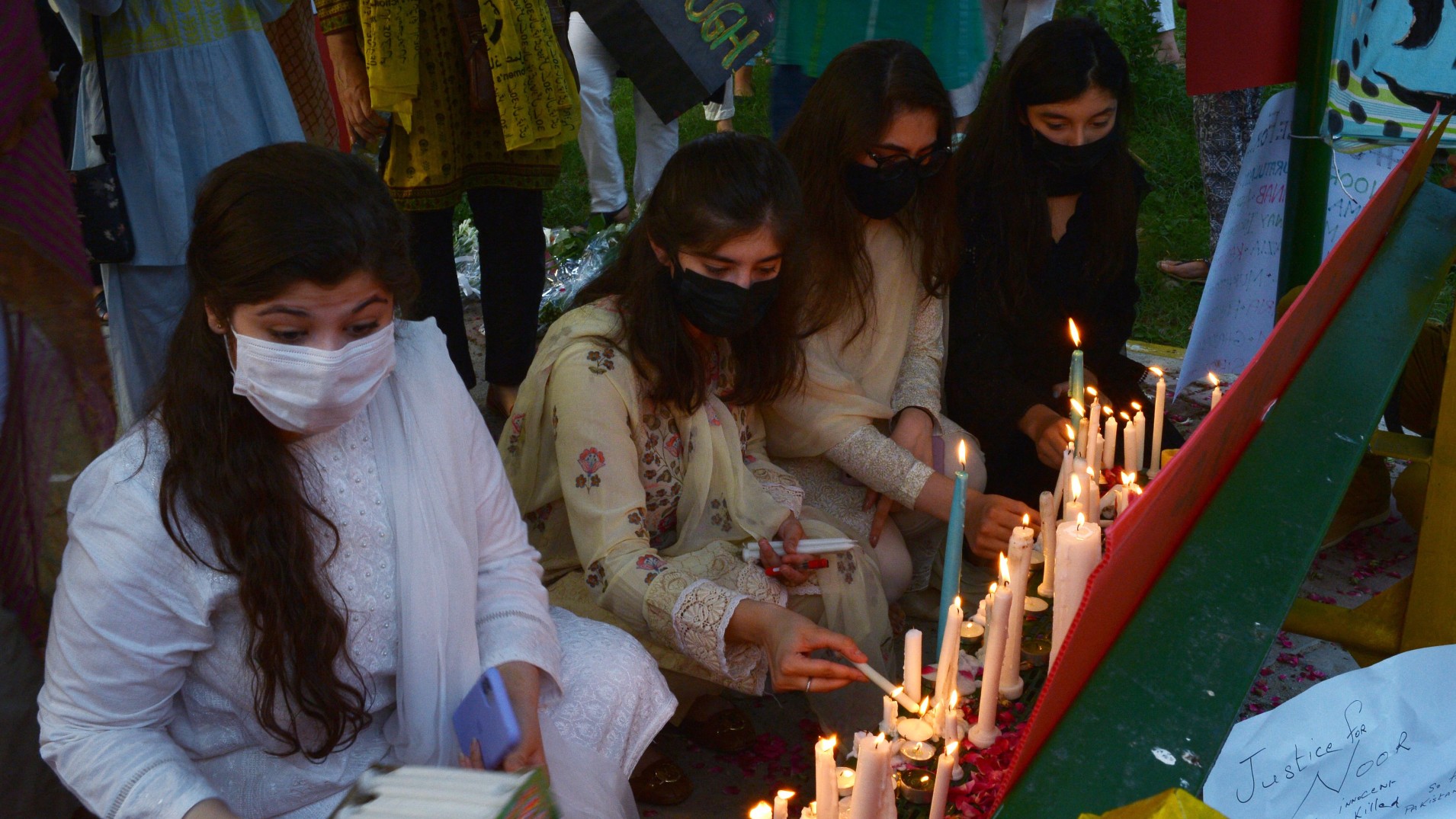 What is gender terrorism?
What is gender terrorism?feature Pakistani activists call for action on country’s high rate of gender-based violence
-
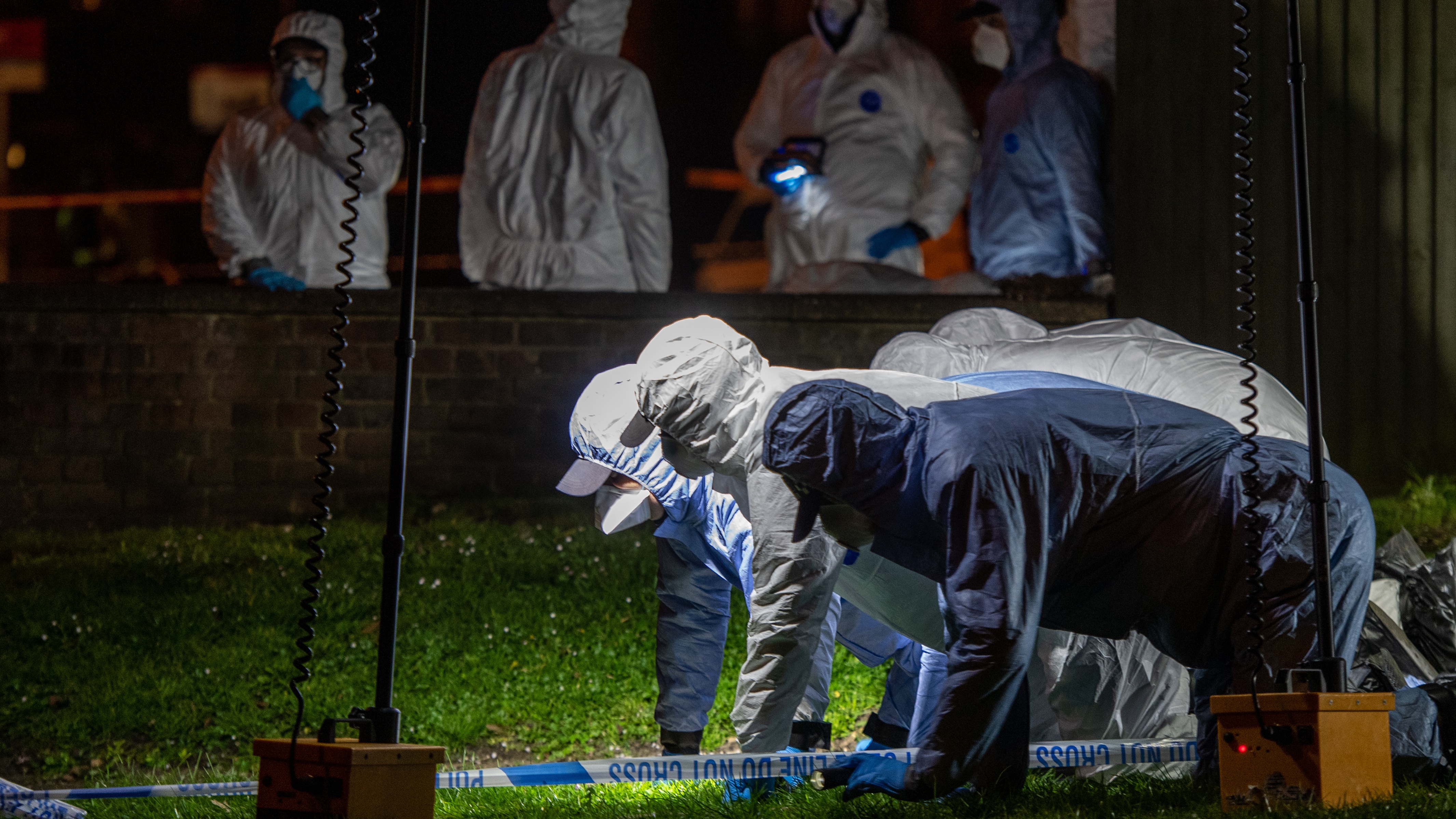 Government’s ‘violence against women and girls’ strategy explained
Government’s ‘violence against women and girls’ strategy explainedIn Depth A woman is murdered by a man every three days in UK, according to tracking charity
-
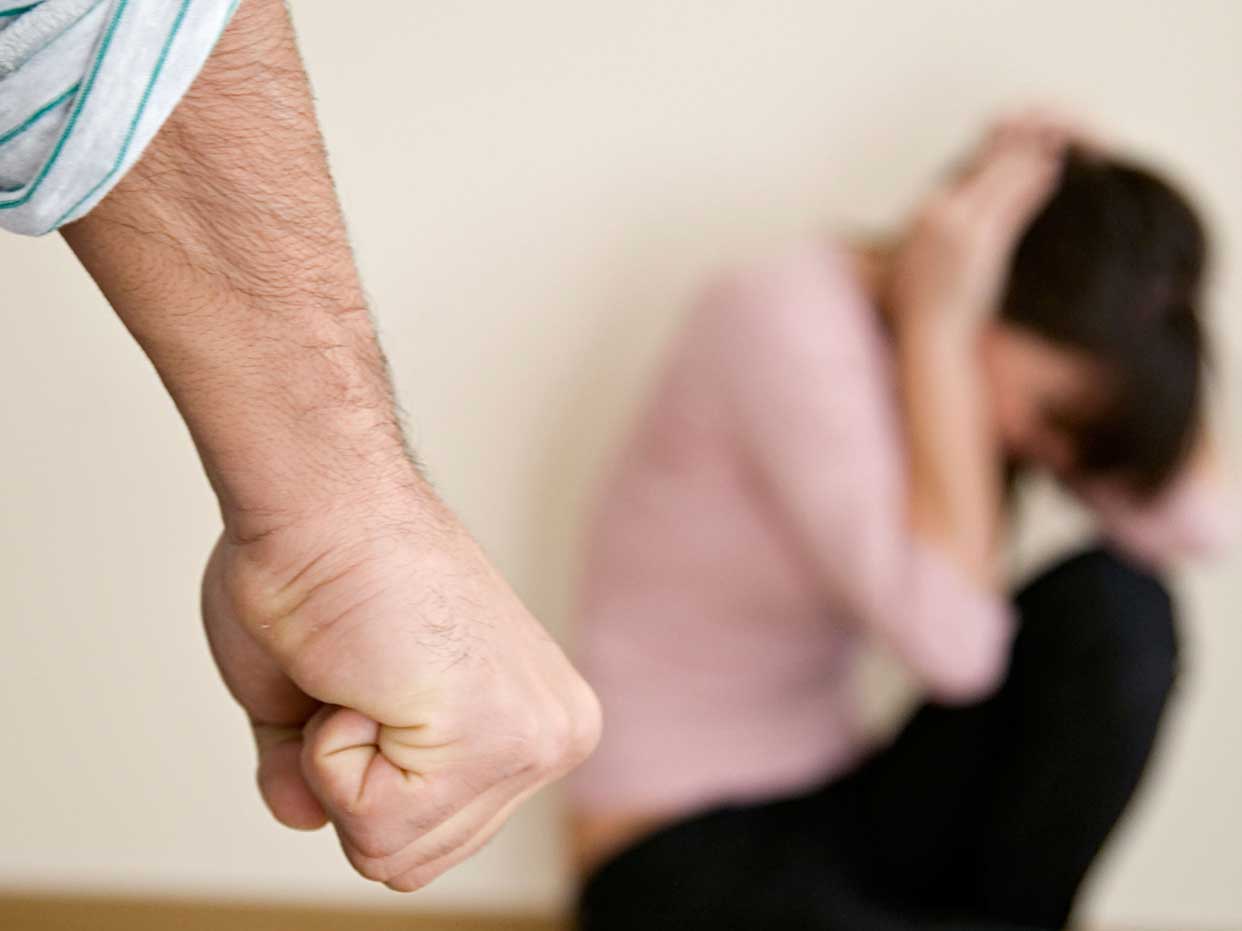 What’s behind the UK’s soaring domestic murder rate?
What’s behind the UK’s soaring domestic murder rate?In Depth Boris Johnson pledges legislation to tackle growing problem as new figures show killings rose to 173 last year
-
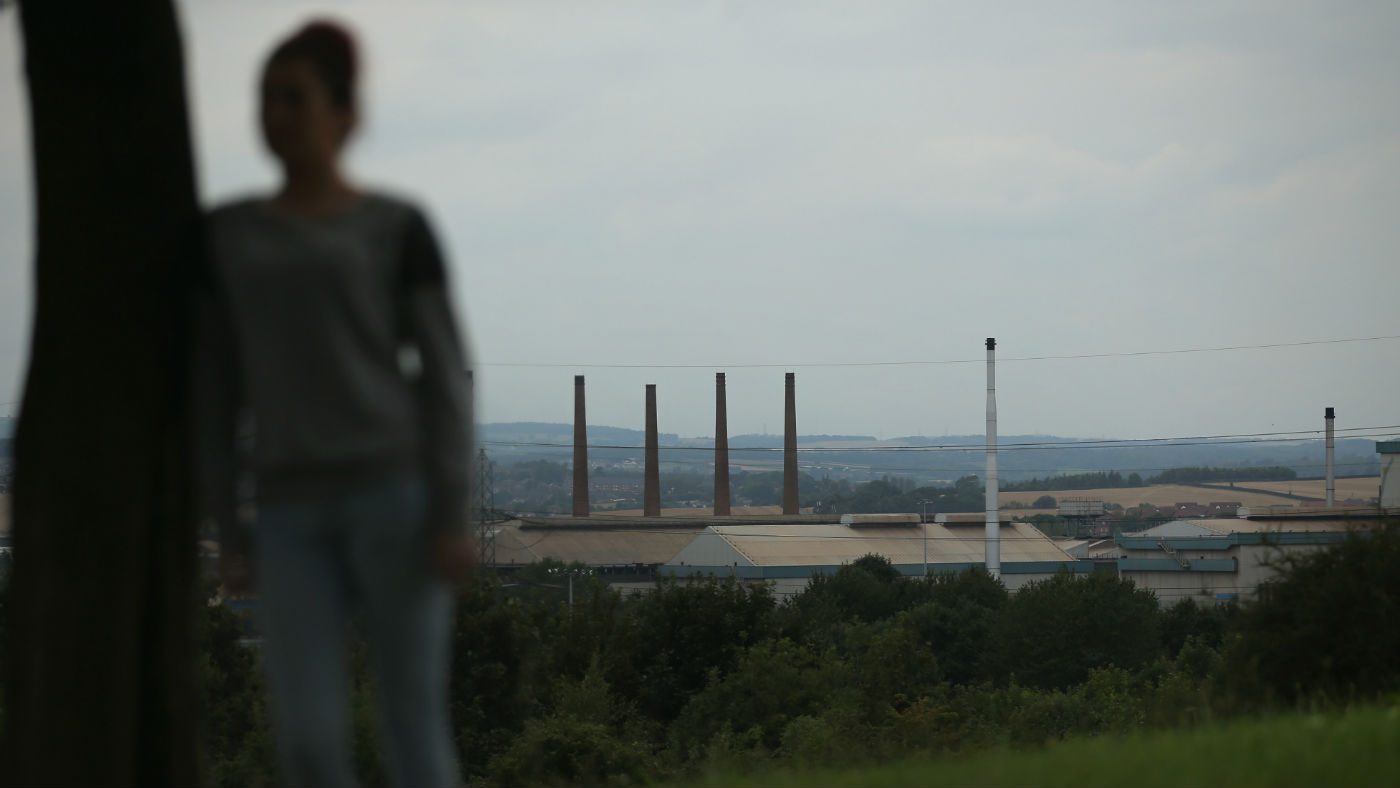 Why are domestic violence rates increasing?
Why are domestic violence rates increasing?Speed Read Femicide Census finds number of women killed by men is at highest level yet